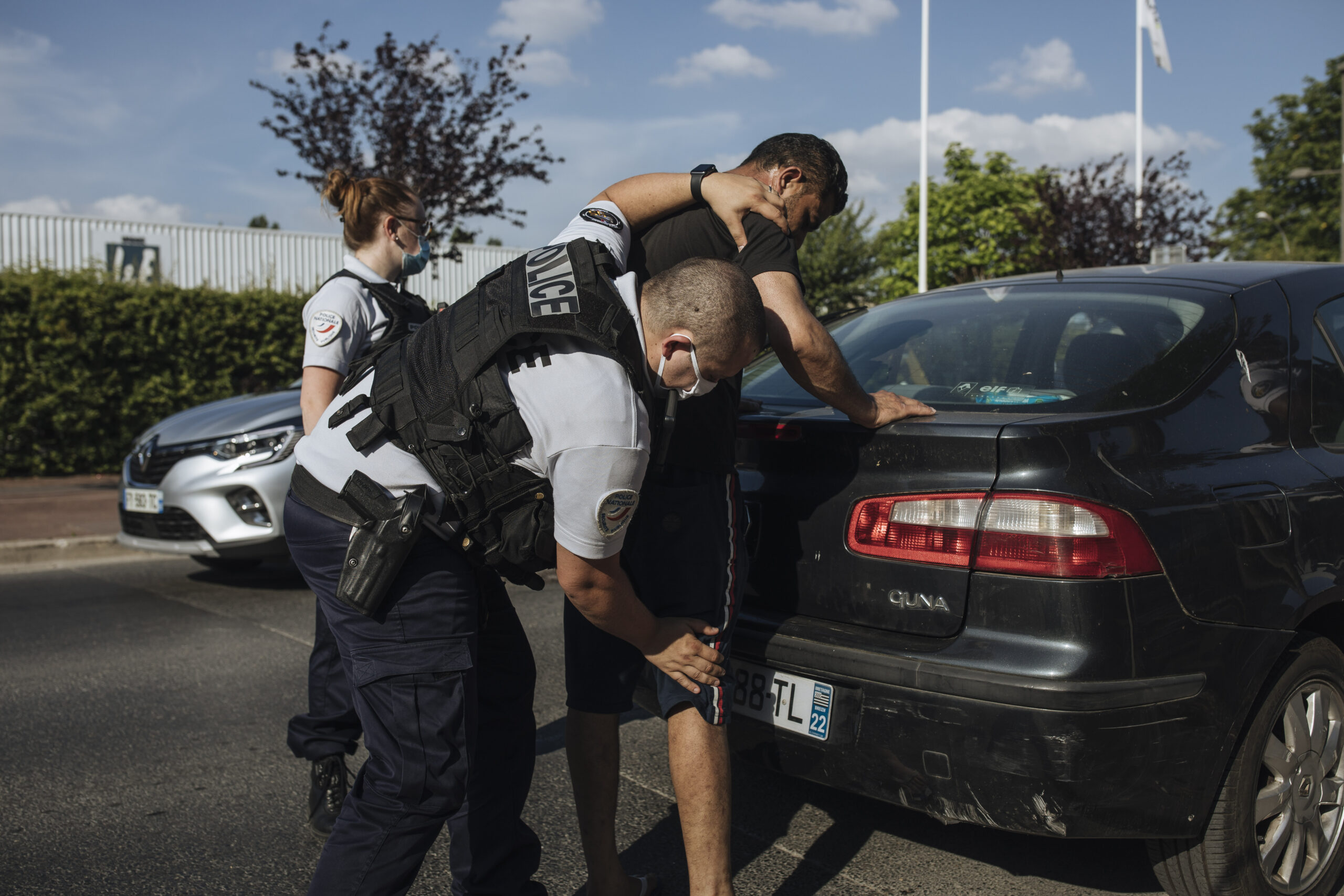PARIS — Issa Coulibaly was just an adolescent the first time French police stopped him.
He was on his way to a local gym in his Paris neighborhood, glad to escape the cramped apartment he shared with his parents and seven siblings, when a white police officer pulled him into a patrol car.
“I remember the sensation, the surprise, and the kind of questions they asked,” said Coulibaly, who had immigrated from Mali as a baby. The officers wanted to know what he was doing, whether he knew “the bad guys” in the neighborhood, and if he had his “papers”—proof he was legally in France.
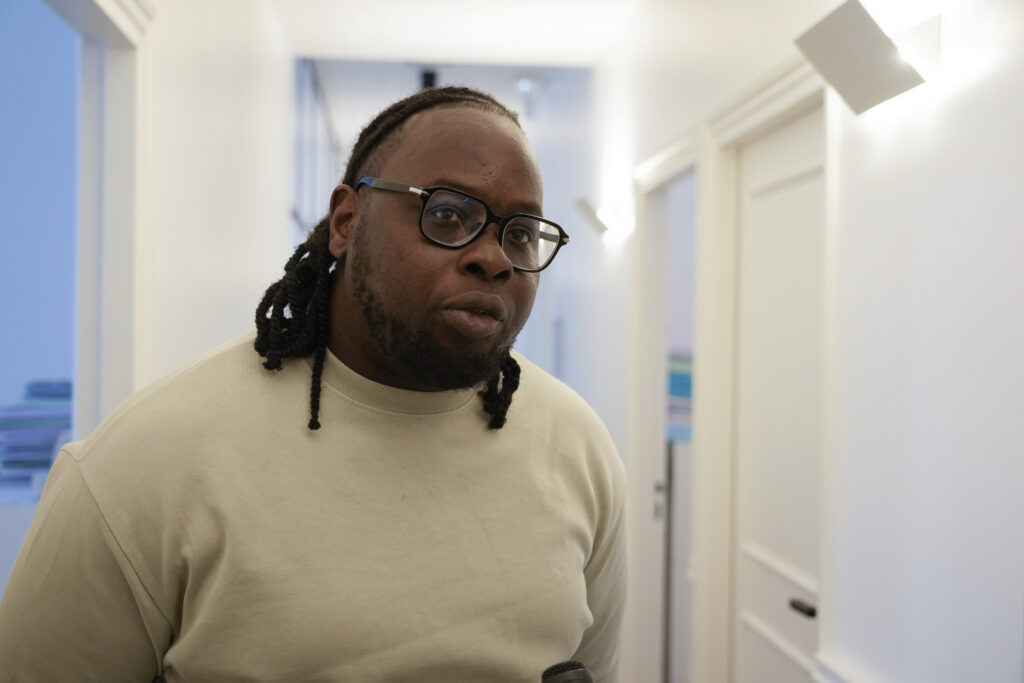
“It lasted five minutes. It was the first of many—and it didn’t stop until I was around 30,” Coulibaly told Black News & Views.
For Coulibaly, 45, and for many young Black, North African, and Arab men in France, encounters like this are routine. What Americans call “stop and frisk” is part of daily life—an unofficial rite of passage for young men who look like him.
“It’s a way to tell us to stay home, to hide ourselves,” said Coulibaly, now a social worker and president of the Association Pazapas Belleville. “They don’t want to see us. They don’t want to incorporate us into the nation.”
Coulibaly’s journey—from being racially profiled as a teenager to becoming a social worker and activist—parallels a broader struggle that recently reached the European Court of Human Rights. Last month, in a landmark ruling, the court found France in violation of the European Convention on Human Rights (ECHR) for racially discriminatory identity checks. In the Seydi and Others v. France decision, the court ruled that the three identity checks carried out over the course of 10 days on one of the six plaintiffs—Karim Touil—in 2011 amounted to discrimination in violation of the European Convention on Human Rights.
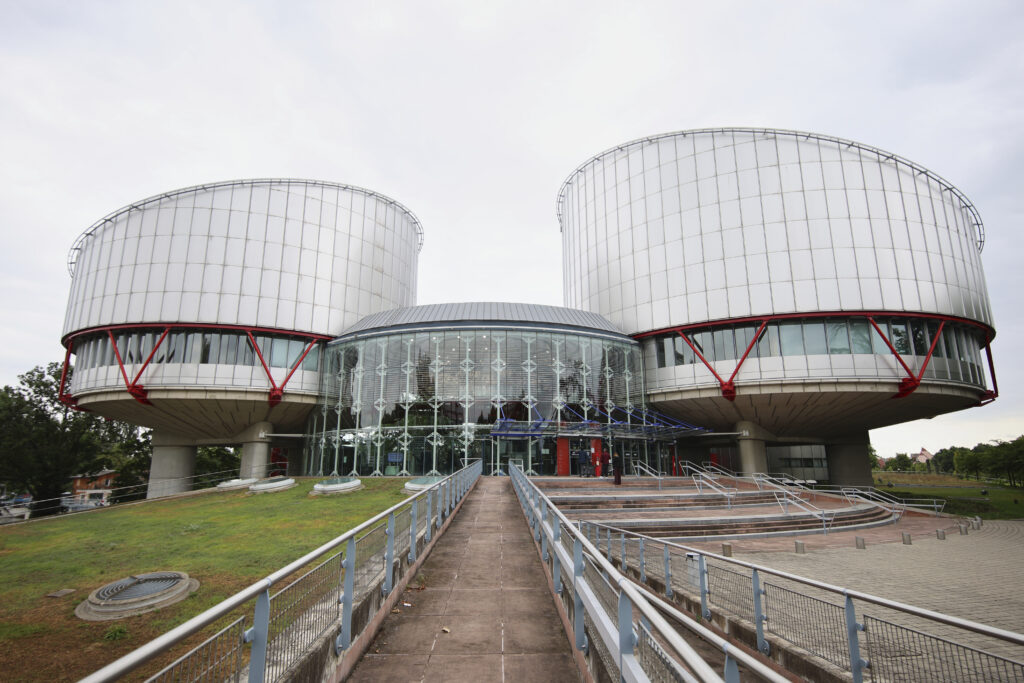
“The European Court of Human Rights’ condemnation of France for racial profiling is a major victory, first and foremost for those who are victims of this practice, but also for the rule of law,” said Slim Ben Achour, who represented the plaintiffs through the Open Society Justice Initiative alongside lawyer Félix de Belloy. “This decision places France, but also other European countries and beyond, under an obligation to take measures to eliminate what the ECHR describes as a ‘particularly odious practice,” Ben Achour told Black News & Views.
France, which prides itself on the motto “Liberté, Égalité, Fraternité” — which, translated, means liberty, equality, fraternity — often fails to uphold those values when it comes to the policing of young Black and Arab men. Immigrants of color are treated as potential criminals simply by their existence and not by their actions.
“[The police] will stop the Black kids because [they say] if you’re not a criminal right now, you could be one,'” said Ben Achour, when asked to explain the reasoning of the police who continue to racially profile Black and Arab youth.
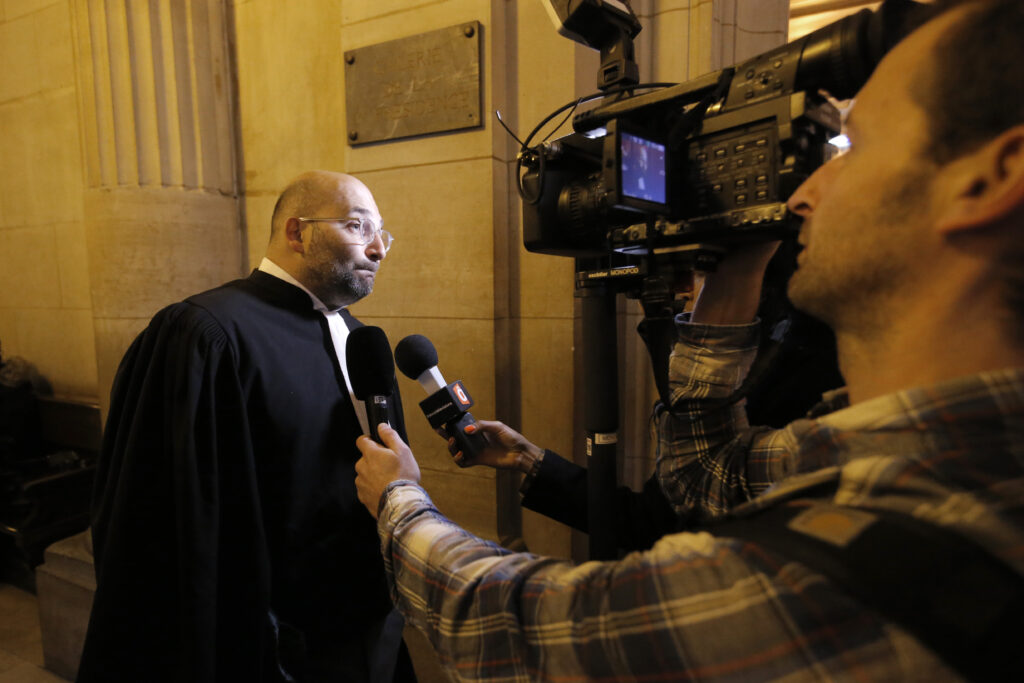
France’s colonial legacy in West and North Africa—and the postwar migration that followed—has contributed to a diverse population. But the nation’s refusal to collect racial or ethnic statistics, rooted in a colorblind model of citizenship, often obscures the inequalities faced by descendants of immigrants from its former colonies.
The roots of the court case date back to a 2009 study led by France’s National Center for Scientific Research and supported by the Open Society Justice Initiative. It found that police in metropolitan Paris stopped people primarily based on appearance—not behavior. Those perceived as Black or Arab were stopped at significantly higher rates than those perceived as white.
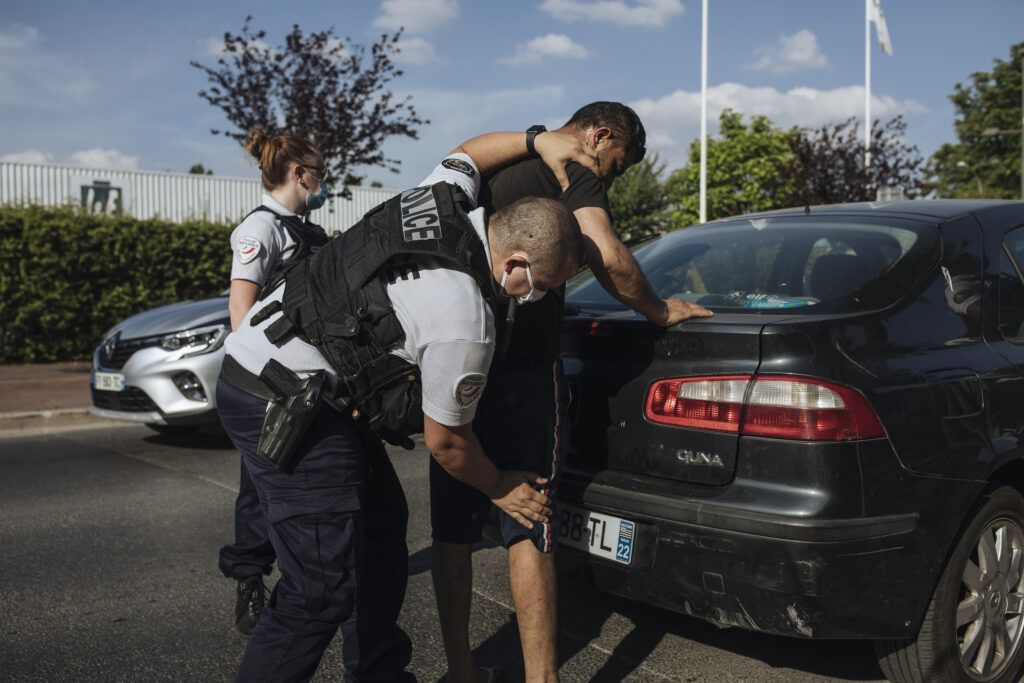
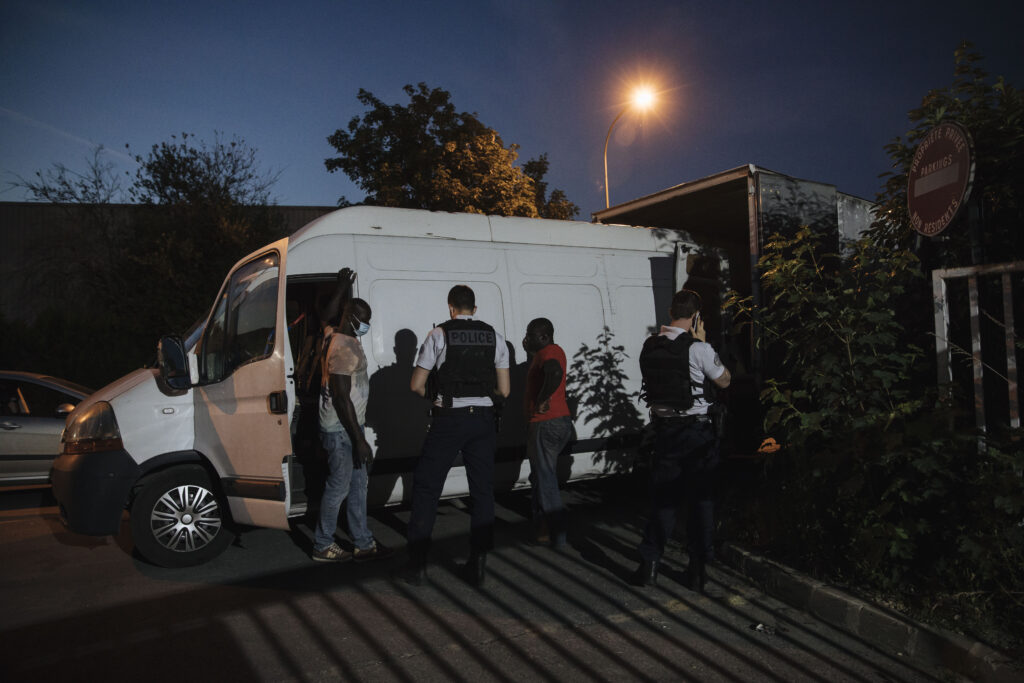
Immigrants of color in Paris’ banlieues—suburban and fringe neighborhoods where immigrants have settled—have long complained of unequal treatment by police. In the last decade, two deaths of young immigrant men in police custody have drawn widespread protests. In June, a French court and prosecutors announced a policeman would face trial for the murder of Nahel Merzouk, 17, a French immigrant of North African descent fatally shot during a June 27, 2023, traffic stop in suburban Nanterre.
Despite civilian and political efforts to introduce stop-and-frisk legislation, it was rejected by the far-right politicians and police unions. Unlike in the United States, where police are typically required to document stops, French officers are not obligated to record identity checks. This lack of transparency has made it nearly impossible for victims of racial profiling to prove discriminatory treatment. So with the empirical data in hand from the study above, lawyers with the Open Society Justice Initiative sought to find Arab and Black youth who would be open to bringing a case against France. Without police data, they had to use interviews from passersby who had observed the youth being profiled by the police.
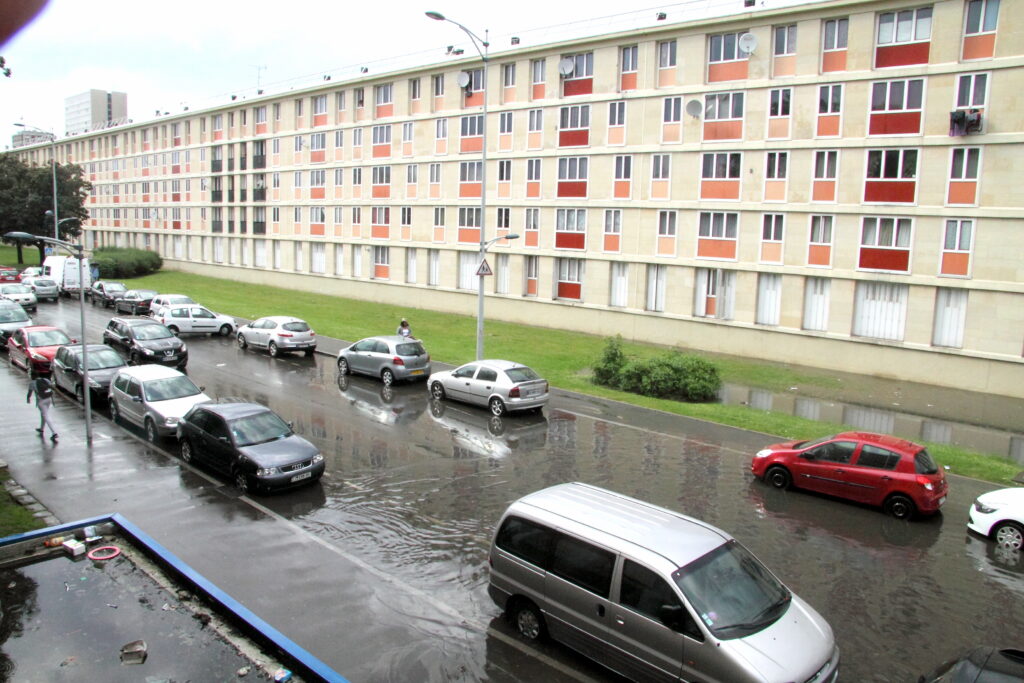
Ben Achour and his legal team initially brought civil claims for 13 Black and North African men harassed by police, but all were dismissed in 2013. In 2015, an appeals court found discrimination in five cases. A new 2016 French law made class-action lawsuits legal and 6 groups, including the Open Society Justice Initiative and Association Pazapas Belleville, filed a lawsuit against police profiling that ultimately reached France’s highest court, the Council of State. In 2023 it ruled that discriminatory stops were not isolated incidents—but declined to mandate government action, citing constitutional limits.
The narrow 2026 ECHR win comes amid rising far-right political influence in France. For Ben Achour, this makes police reform harder, as even politicians on the left avoid appearing soft on crime.
Coulibaly agrees.
“Politics have absolutely no interest in putting an end to that. It’s worse than that, because they are interested in keeping it active” he said. “The real solution is civil society. Civil society and civil society taking the tools of justice can make us go on.”


